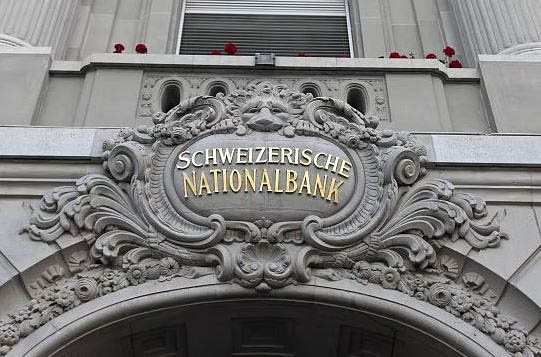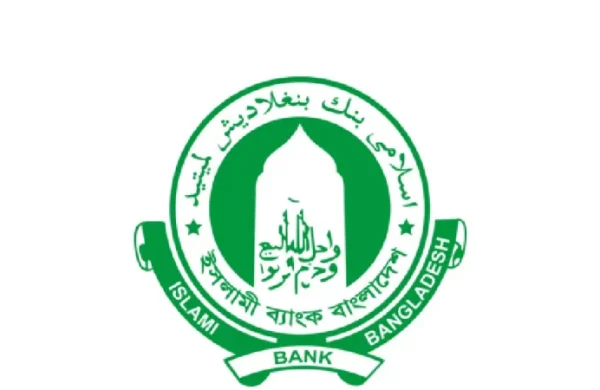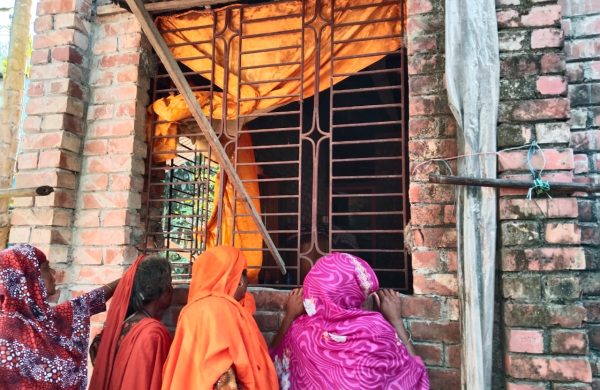Deposits increase 33-fold in one year
- Update Time : Friday, June 20, 2025

Staff Correspondent:
The amount of money deposited by Bangladeshis in banks in Switzerland has increased 33-fold in a single year. The total deposits have risen to about 590 million Swiss francs, up from just 17.7 million francs in 2023.
This information appears in the annual report of Switzerland’s central bank, the Swiss National Bank (SNB). The report shows that 2024 saw the highest volume of Bangladeshi deposits in Swiss banks since 2021.
On 5 August 2024, the Awami League government fell amid a mass student-public uprising. A significant number of the regime’s beneficiaries have since fled the country. In several countries, the financial assets of individuals close to the former government have started being confiscated. It is believed that large sums of money may have been transferred across borders in recent months.
According to the SNB report, by the end of 2024, deposits by Bangladeshis in various Swiss banks totaled 589.5 million francs. In 2023, the figure was 17.7 million francs. This means deposits rose by 571.8 million francs in just one year.
Swiss francs are not widely traded in Bangladesh. According to various sources, the current exchange rate for one franc is about Tk 149. Based on this rate, Bangladeshis had approximately Tk 87.84 billion deposited in Swiss banks.
The SNB report also notes that Bangladeshi deposits had significantly declined for two consecutive years—2022 and 2023—making the 2024 spike particularly notable.
Local economists and experts have pointed to multiple factors behind this sudden surge. They note that Bangladeshi funds in Swiss banks may be held under both individual and institutional accounts. Some Bangladeshi banks also maintain legal deposits in Swiss banks. Additionally, Bangladeshis living abroad may deposit money in Swiss bank branches located in other countries—these are still recorded as Swiss deposits in SNB’s reporting.
Switzerland’s central bank includes these foreign-held deposits as liabilities of the depositor’s home country in its financial reports, which contributes to the rise in national deposit totals.
Economists point out that Swiss banks were once a favoured destination for laundered money due to strict banking secrecy. At the time, Switzerland did not share banking information with other countries and was not part of international anti-money laundering agreements. However, this scenario has changed considerably in recent years.
Switzerland now adheres to various international agreements and shares financial information with foreign governments upon request. As a result, individuals seeking to launder money have lost interest in Swiss banks and are turning to other jurisdictions with more lenient secrecy laws. A large portion of laundered funds is now reportedly flowing into such alternative destinations.
When asked about the issue, former Chittagong University economics professor Mainul Islam that Switzerland is no longer a particularly attractive option for money laundering.
“Many other countries now offer easier and safer alternatives,” he said. “So the sudden rise in Bangladeshi deposits in Swiss banks may not be as significant as it appears.” He added, “Our estimates show that over USD 16 billion was laundered annually from Bangladesh during the previous government’s tenure. In comparison, the deposits in Swiss banks are not very large.”
The SNB report also indicates a similar trend for Indian nationals. In 2023, Indians had deposited 1.03 billion francs in Swiss banks; by 2024, that figure had increased to 3.5 billion francs.
According to long-term data from the SNB, Bangladeshi deposits in Swiss banks were at their lowest in 2023 over the past 29 years (1996–2024), while the highest was 870 million francs in 2021.
Commenting on the overall picture, economist and Centre for Policy Dialogue (CPD) Honorary Fellow Debapriya Bhattacharya “I am considering three possible factors. First, whether there was any systematic change in how the deposits were calculated—perhaps some accounts that were previously excluded were included last year. Second, whether funds were transferred from other countries and re-deposited in Swiss banks. Third, while steps have been taken to curb money laundering since the change in government, the sharp rise in Bangladeshi deposits suggests that the problem is far from over.”

















